Latest News
Implications of $1 Billion cut in US aid to Afghanistan
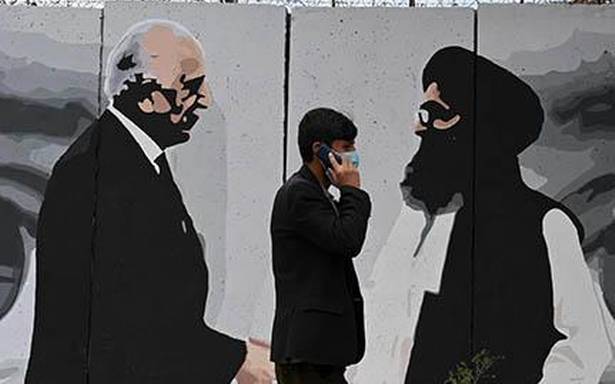
 The ongoing political tensions between Ashraf Ghani and Abdullah Abdullah made the US cut down one billion USD from its aids to Afghanistan.
The ongoing political tensions between Ashraf Ghani and Abdullah Abdullah made the US cut down one billion USD from its aids to Afghanistan.
The US would reportedly consider cutting another 1 billion USD decrease if the two leaders failed to resolve political disputes.
This comes as Afghanistan is a country in which almost half of its residents fall under the poverty line.
According to the latest statistics of the Ministry of Economy, UN, and some other global organizations, 40% of Afghans are poor. 36% of m only have one meal available out of three times a meal in one day.
Urban areas have 18% poor, rural areas have 61% while the Kuchis are 89% poor who cannot provide food for more than one day in 24 hours.
Experts believe that Ghani and Abdullah are responsible for the US aid cut down since they were unable to resolve their disputes.
The residents have said that that they cannot bear the ongoing situations anymore. Poverty from one side and COVID-19 from the other side made life harder for them.
Besides cutting one billion USD, the US warned about reducing one more billion USD or a complete troops withdrawal of Afghanistan in case the tensions continue.
It is said that the US aid cut will have a direct effect on the wages of many employees in the government including the national security forces.
Latest News
Pakistan and Afghanistan inaugurate ‘Friendship Hospital’ at Kharlachi border
The “Pak-Afghan Friendship Hospital”at the Kharlachi Border Terminal is equipped with modern facilities, a laboratory, pharmacy, cardiovascular testing services.
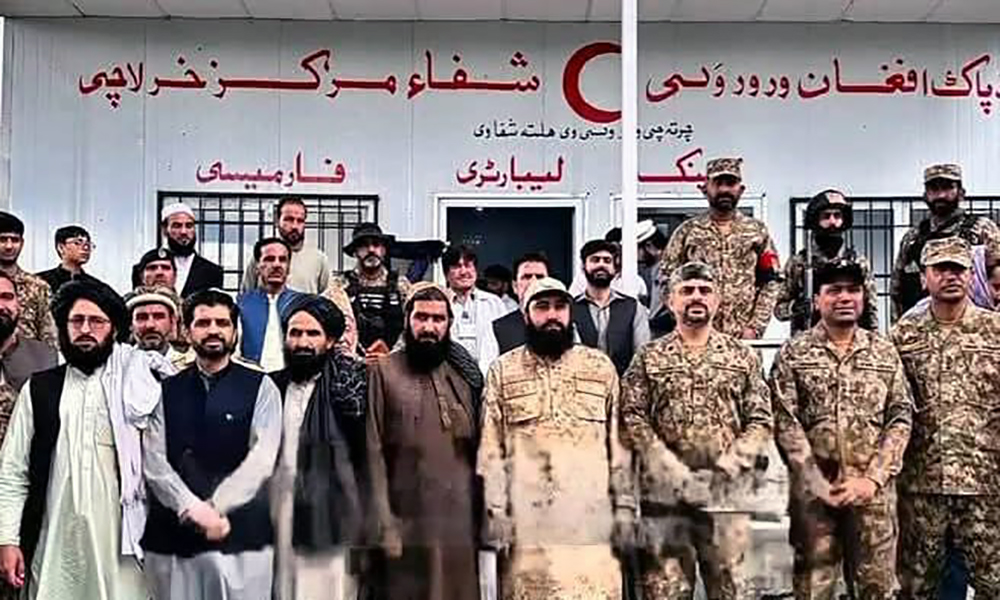
The Afghan government and Pakistan Army have jointly inaugurated a hospital at the Kharlachi border crossing between the two countries.
The “Pak-Afghan Friendship Hospital”at the Kharlachi Border Terminal is equipped with modern facilities, a laboratory, pharmacy, cardiovascular testing services and diabetes and blood pressure screening unit.
According to Pakistan’s special envoy to Afghanistan Mohammad Sadiq, the hospital is expected to serve as a vital healthcare hub, particularly for residents of the border regions and Afghan citizens seeking medical support.
The inauguration ceremony was attended by senior military officials, administrative representatives, and tribal elders from both countries.
Sadiq said the primary objective behind establishing the hospital is to strengthen friendly relations between the people of Pakistan and Afghanistan and to foster the spirit of humanitarian service.
He said the initiative has been widely appreciated by the local communities, who expressed hope that such projects will pave the way for lasting peace, enhanced cooperation, and improved welfare across the region.
The inauguration comes just days after the crossing was reopened to trade after a six-month closure.
Speaking to the media at the crossing, Pakistan’s border in-charge Major Moez and Afghanistan’s border affairs representative Maulana Javed confirmed that trade operations through this border crossing between the two countries officially resumed on Friday.
Moez credited the successful reopening to coordinated efforts between officials from both governments, security forces and tribal elders. “This step is in the best interest of both countries and will promote economic stability in the region,” he stated.
Javed in turn expressed hope for improved bilateral relations, saying: “Afghanistan desires friendly and brotherly ties with its neighbors.”
Latest News
OCHA reports sharp drop in humanitarian funding for Afghanistan
The agency stated that it requires $1.62 billion to reach the most vulnerable populations.
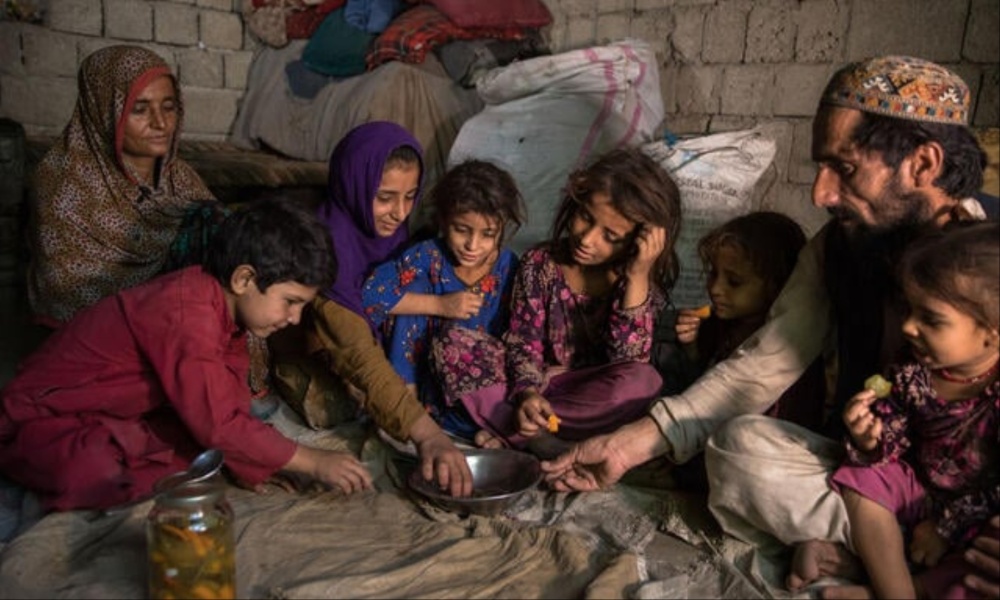
The United Nations Office for the Coordination of Humanitarian Affairs (OCHA) has announced a significant reduction in funding for humanitarian operations in Afghanistan, prompting a re-prioritization of aid delivery across the country.
In a statement released on Tuesday, May 13, via its official X account, OCHA said that assistance efforts have been refocused to address the most severe needs of 12.5 million people.
The agency stated that it requires $1.62 billion to reach the most vulnerable populations.
For the entirety of 2025, OCHA has requested a total of $2.42 billion to fund humanitarian operations in Afghanistan.
However, due to limited financial resources, only 145 out of 401 districts across the country have been designated as high-priority areas for aid delivery.
This measure is part of the UN’s strategy to effectively manage constrained resources and concentrate efforts on the most at-risk communities.
OCHA also noted that it remains uncertain how much of the required funding will actually be secured for Afghanistan in 2025.
This development comes amid a broader decline in international aid to Afghanistan.
The United States, previously the country’s largest donor, has significantly reduced its assistance, impacting Afghanistan and other low-income nations.
At the same time, the ongoing deportation of Afghan migrants from neighboring countries, including Iran and Pakistan, continues to exacerbate the humanitarian situation, placing additional strain on already limited resources.
Latest News
Afghan delegation visits Tajikistan to advance CASA-1000 project
The primary objective of the gathering is to review progress, identify challenges, propose solutions, and outline future plans for the CASA-1000 project.
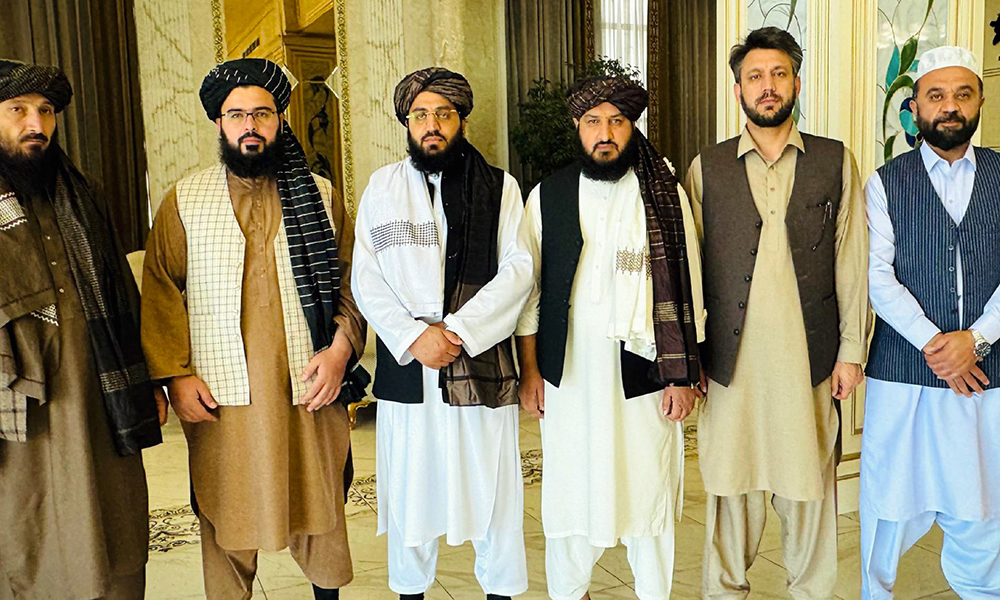
A delegation from Afghanistan, led by Abdul Bari Omar, head of Da Afghanistan Breshna Sherkat (DABS), has traveled to Tajikistan to participate in a regional meeting on the CASA-1000 energy project.
According to a statement from DABS, the meeting will bring together representatives from Tajikistan, Kyrgyzstan, Afghanistan, and Pakistan, along with officials from the Islamic Development Bank and other international organizations.
The primary objective of the gathering is to review progress, identify challenges, propose solutions, and outline future plans for the CASA-1000 project.
CASA-1000 is one of the largest joint economic initiatives between Central and South Asia, designed to transmit electricity from Kyrgyzstan and Tajikistan to Afghanistan and Pakistan. Afghanistan plays a crucial role in the project as a key transit country.
At the conclusion of the meeting, participants are scheduled to visit the substation in Sangtuda, Tajikistan, to assess the project’s technical components.
DABS reaffirmed its commitment, with financial support from the World Bank, to expedite the completion of CASA-1000, with the aim of strengthening political and economic ties among the member countries.
The project is regarded as a significant step toward enhancing regional cooperation and improving energy infrastructure across Afghanistan and its neighboring states.
-

 Latest News4 days ago
Latest News4 days agoPakistan says India launched attack on Afghanistan, India denies
-

 Latest News5 days ago
Latest News5 days agoMCC Chief: Afghan cadres sent to China for AI training
-

 World4 days ago
World4 days agoUS offers to help India and Pakistan start talks, G7 also urges dialogue
-

 Sport4 days ago
Sport4 days agoFIFA OKs creation of Afghanistan women’s refugee team
-
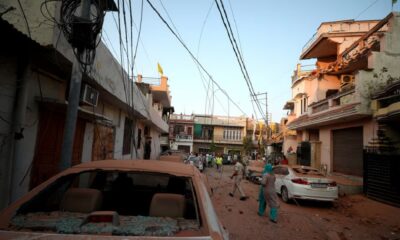
 Regional4 days ago
Regional4 days agoPakistan says it has launched military offensive against India
-

 World4 days ago
World4 days agoTrump says India, Pakistan agree to ‘full and immediate ceasefire’
-
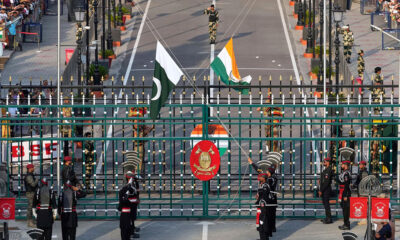
 Regional3 days ago
Regional3 days agoExplosions reported after India and Pakistan agree to ceasefire
-

 Regional2 days ago
Regional2 days agoIndian air force says losses are part of combat but all pilots back home

















